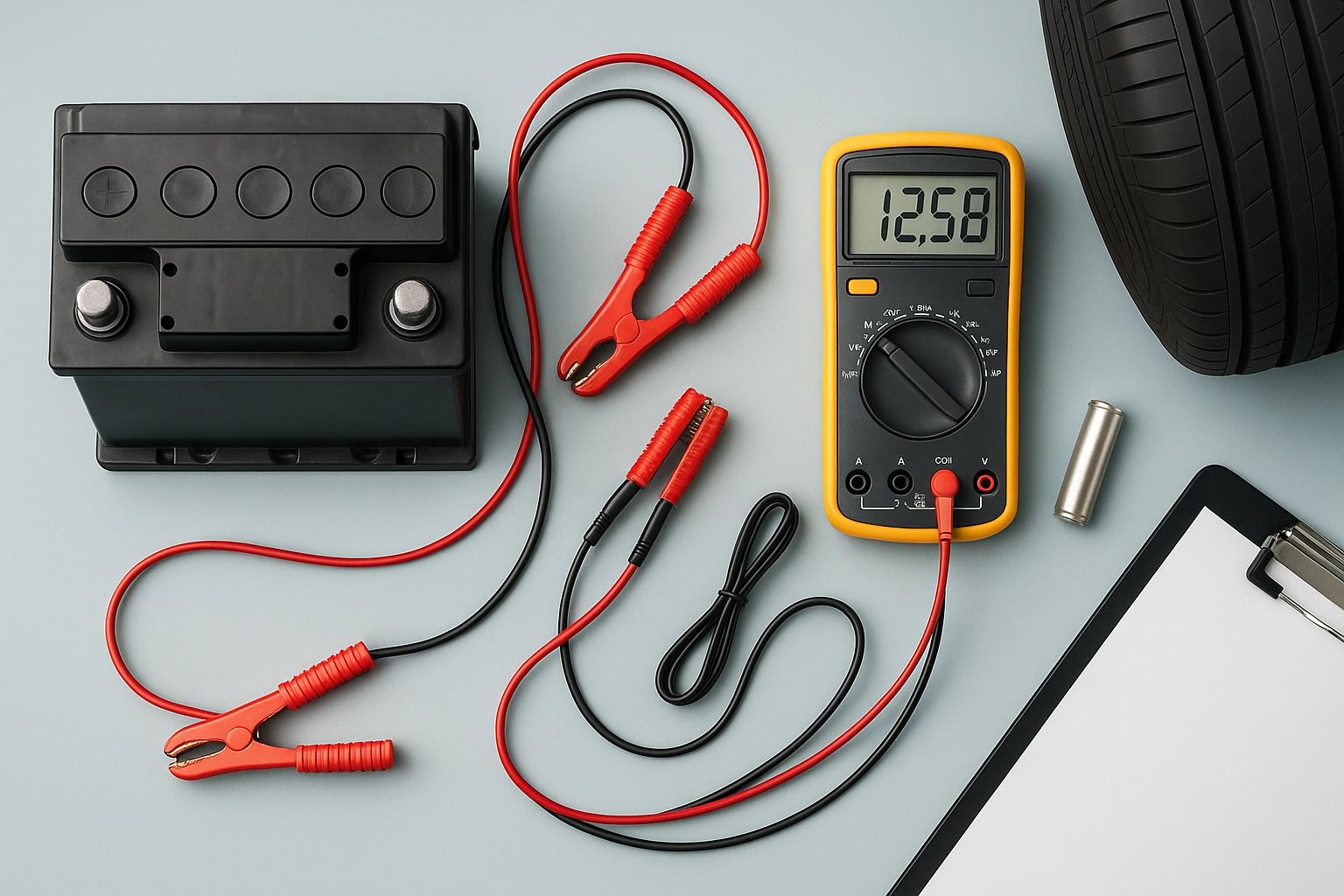ISO 21498 Lithium Ion Battery Module Fire Resistance Test
The ISO 21498 series of standards addresses fire safety concerns related to lithium-ion (Li-ion) batteries, which are widely used in electric vehicles and portable electronic devices. The ISO 21498-3:2020 standard specifically focuses on the evaluation of fire resistance properties of Li-ion battery modules under controlled conditions.
The test aims to assess the performance of lithium-ion batteries when exposed to a flame or other ignition sources, ensuring they do not ignite or spread fire in extreme conditions. This is critical for automotive manufacturers and suppliers who are developing electric vehicles (EVs) and related components that incorporate Li-ion battery technology. The standard provides guidelines on how to conduct these tests, including the type of specimen, test setup, and data collection methods.
The ISO 21498-3 fire resistance test is essential for ensuring compliance with global safety regulations and enhancing product reliability in extreme environments. It helps manufacturers identify potential risks early in the development process, allowing them to implement necessary improvements before commercialization.
During testing, Li-ion battery modules are subjected to controlled flame exposure according to specified parameters. The apparatus used includes a test chamber equipped with a calorimeter for measuring heat release rates and other relevant fire characteristics. Specimens prepared following standard procedures undergo the test under carefully controlled conditions that simulate real-world scenarios where battery modules might be exposed to fire.
The test setup typically involves placing the lithium-ion battery module in a test chamber, exposing it to an ignition source for a set duration, and monitoring its behavior throughout the exposure. The data collected includes temperature rise, smoke generation, flame propagation, and other relevant parameters. Compliance with ISO 21498-3 ensures that the tested Li-ion battery modules meet stringent safety standards.
Compliance with this standard is crucial for manufacturers to ensure their products comply with international regulations like those found in the United States (FMVSS 305, FMVSS 306), European Union (UN ECE R100), and other regions. It also helps demonstrate a commitment to safety, which can be a key differentiator in competitive markets.
Our laboratory offers comprehensive testing services according to ISO 21498-3 standards, providing detailed reports that include all relevant test parameters and observations. This service ensures customers receive accurate data and insights into the performance of their Li-ion battery modules under fire exposure conditions.
Scope and Methodology
| Parameter | Description |
|---|---|
| Test Specimens | Lithium-ion battery modules used in electric vehicles or portable electronic devices. |
| Ignition Source | A controlled flame or other ignition source provided by the testing apparatus. |
| Test Chamber | A sealed chamber capable of withstanding high temperatures and pressures during testing. |
| Data Collection | Instruments used include calorimeters, thermocouples, and smoke detectors to monitor heat release rates, temperature rise, and smoke generation. |
The ISO 21498-3 fire resistance test is conducted in a controlled environment where the lithium-ion battery module specimen is subjected to an ignition source. The test chamber ensures that all relevant parameters can be accurately measured without interference from external factors. During testing, data on temperature rise, smoke generation, and flame propagation are collected using calibrated instruments.
The methodology involves carefully preparing the lithium-ion battery module according to specified guidelines provided in ISO 21498-3. The specimen is then placed inside the test chamber where it is exposed to a controlled ignition source for a set duration. Throughout the exposure, various parameters are continuously monitored and recorded by the testing apparatus.
The results of the ISO 21498-3 fire resistance test provide critical insights into the performance of lithium-ion battery modules under extreme conditions. Compliance with this standard ensures that manufacturers can produce safer products that meet global safety regulations and enhance product reliability in real-world scenarios where fire exposure might occur.
Benefits
Elevates product safety standards, ensuring compliance with international regulations like FMVSS 305, FMVSS 306, UN ECE R100, and others.
Identifies potential risks early in the development process, allowing for necessary improvements before commercialization.
Demonstrates a commitment to safety that can be a key differentiator in competitive markets.
Provides detailed data and insights into the performance of lithium-ion battery modules under fire exposure conditions.
Ensures consistency and reliability across multiple test runs, enhancing confidence in product quality.
Supports continuous improvement through ongoing testing and validation processes.
International Acceptance and Recognition
The ISO 21498-3 standard has been widely adopted by leading automotive manufacturers and suppliers around the world, ensuring a consistent approach to fire resistance testing for lithium-ion battery modules.
Many countries have incorporated ISO 21498-3 into their national regulations, making compliance with this standard mandatory for manufacturers operating in those markets.
The standard is recognized by global certification bodies and regulatory authorities as a key metric for ensuring the safety of electric vehicle components.
Compliance with ISO 21498-3 can enhance market access and help companies achieve higher levels of trust from customers and stakeholders.





